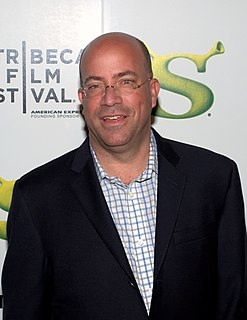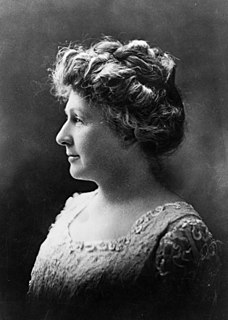A Quote by Dean Koontz
It is human nature to want to believe in the wizardry of the magician--but also to turn against him and to scorn him the moment that he commits the slightest error that reveals his trickery. Those in the audience are embarrassed to have been so easily astonished, and they blame the performer for their gullibility.
Related Quotes
There is that in the soul of man which must respond to the highest in virtue. It may not respond at once. Human nature can easily be over-faced by examples too remote and austere. Moreover, human nature can easily deny God because the whole race has long been in rebellion against Him. Yet there is that in human nature which calls out to the supreme examples of virtue: owns, as it were, the intention of God who made it, and feels the unmistakable homesickness of the soul.
A performer may be taken in by his own act, convinced at the moment that the impression of reality which he fosters is the one and only reality. In such cases we have a sense in which the performer comes to be his own audience; he comes to be performer and observer of the same show. Presumably he introcepts or incorporates the standards he attempts to maintain in the presence of others so that even in their absence his conscience requires him to act in a socially proper way.
The only thing that one really knows about human nature is that it changes. Change is the one quality we can predicate of it. The systems that fail are those that rely on the permanency of human nature, and not on its growth and development. The error of Louis XIV was that he thought human nature would always be the same. The result of his error was the French Revolution. It was an admirable result.
I discovered early that the hardest thing to overcome is not a physical disability but the mental condition which it induces. The world, I found, has a way of taking a man pretty much at his own rating. If he permits his loss to make him embarrassed and apologetic, he will draw embarrassment from others. But if he gains his own respect, the respect of those around him comes easily.
She wondered whether there would ever come an hour in her life when she didn't think of him -- didn't speak to him in her head, didn't relive every moment they'd been together, didn't long for his voice and his hands and his love. She had never dreamed of what it would feel like to love someone so much; of all the things that had astonished her in her adventures, that was what astonished her the most. She thought the tenderness it left in her heart was like a bruise that would never go away, but she would cherish it forever.
And there you see the distinction between our feelings: had he been in my place, and I in his, though I hated him with a hatred that turned my life to gall, I never would have raised a hand against him. You may look incredulous, if you please! I never would have banished him from her society as long as she desired his. The moment her regard ceased, I would have torn his heart out and drank his blood! But, till then - if you don't believe me, you don't know me - til then, I would have died by inches before I touched a single hair on his head!
He felt ... a suspicion-no, a conviction-than he had been abandoned, forgotten, and that no one in the whole world cared or would ever care enough about him to really find out what he was like and what his dreams were. He was an outcast, a creature somehow vastly different from all other people, an object of scorn and derision, an outsider, secretly loathed and ridiculed by everyone who met him, even by those few who professed to love him.
In the moment when I truly understand my enemy, understand him well enough to defeat him, then in that very moment I also love him. I think it’s impossible to really understand somebody, what they want, what they believe, and not love them the way they love themselves. And then, in that very moment when I love them.... I destroy them.


































